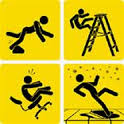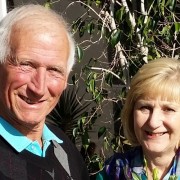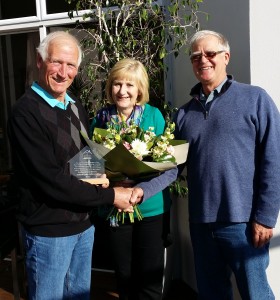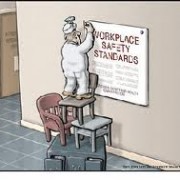
As you may have seen in the Media coverage the Health and Safety Reform Bill has been reported back to Parliament which has made some improvements and clarifications. The Health and Safety Reform Bill will replace the old Health and Safety Act and is part of a number of changes aimed at reducing New Zealand’s injury and death toll in the workplace which is far too high. The bill is likely to become law later this year.
While the changes are primarily driven by the need to reform high-accident-rate industries such as forestry, mining and farms the Bill will effect every business, including small office and retail businesses so you need to assess your business for potential accident-causing behaviour in your workplace. For example how many people stand on a chair to change a light bulb rather than using a set of steps?
Health and Safety is everyone’s responsibility – get it wrong and the penalties are significant.
Duty Holders
A Person Conducting a Business or Undertaking (PCBU) have health and safety duties toward their employees and to any other person affected by the work of the business or undertaking. Duty holders’ obligations are limited to doing what’s in their ability to control and manage and is reasonably practicable. This makes job descriptions very important as a way to establish exactly what is in the duty holder’s ability to control and manage.
Directors, board members or partners, will now (as an officer of a PCBU) have a new duty to ensure that the PCBU complies with its duties. The bill expressly excludes those merely advising or making recommendations to an officer.
However, the responsibility sits with the PCBU, not all duty holders.
The duty holders are now personally liable and can faces fines up to several hundreds of thousands and even prison terms. This cannot be insured against.
In a shared workplace there may be more than one PCBU, the PCBUs are then required to consult, cooperate and coordinate with each other. The bill also clarifies how to do this.
A PCBU does not have a duty towards people who are at the workplace for an unlawful purpose.
Worker participation
The responsibilities of a PCBU have been clarified in the new Bill, under which a PCBU need to engage with the workers on health and safety matters.
Some flexibility has been added to ‘worker participation’ in health and safety matters in the workplace. Health and Safety Representatives and Committees are one way of meeting the worker participation requirement. Smaller workplaces with less than 20 workers in low risk sectors will not be required to have a Health and Safety Representative or Committee when requested by workers. All other businesses need to decide whether to elect a Representative and Committee when requested. If they are satisfied current worker participation practices meet the requirement of the new law they can decline the requirements.
Health and Safety Representatives will have the power to intervene if they see an unsafe situation with serious risk. There are limitations to and training requirements attached to their power.
Definition of a Workplace
The Bill defines a workplace as a place where ‘work is carried out, including anywhere a worker goes or is likely to be while at work’.
Some areas might not be workplaces all of the time. Farmers especially had some concern regarding allowing public to enter their land, but it has now been clarified that a workplace is somewhere where work is customarily carried out, including any place a worker goes or is likely to be while at work. So, farm buildings and immediate surrounds are under the duty of the farmer as a PCBU, other parts of the farm (like paddocks) are only workplaces while work is being carried out in that part. So, the farmer does not have a duty towards recreational users coming onto farm land unless work is carried out in that part of the farm at the time. The farm family home is also excluded from the farm workplace.
Volunteers
The bill will continue to distinguish between casual volunteers and volunteer workers, where casuals health and safety will be covered but the PCBU’s duty to any other person affected by the work of the business or undertaking but not to the extent of employees. Volunteer workers will have the same protection as any other worker. If it’s purely a volunteer organisation with no employees it is not a PCBU so the Bill won’t apply. If the organisation has employees it’s a PCBU and the Bill applies.
The following would be classed as casual volunteering not volunteer workers: participation in fundraising activity, assistance with sports or recreations for an educational institute or club, assisting with activities for an educational institution outside the premises of the educational institution, providing care for another person in the volunteer’s home.
For further information, visit:
Worksafe New Zealand
Ministry of Business, Innovation & Employment












